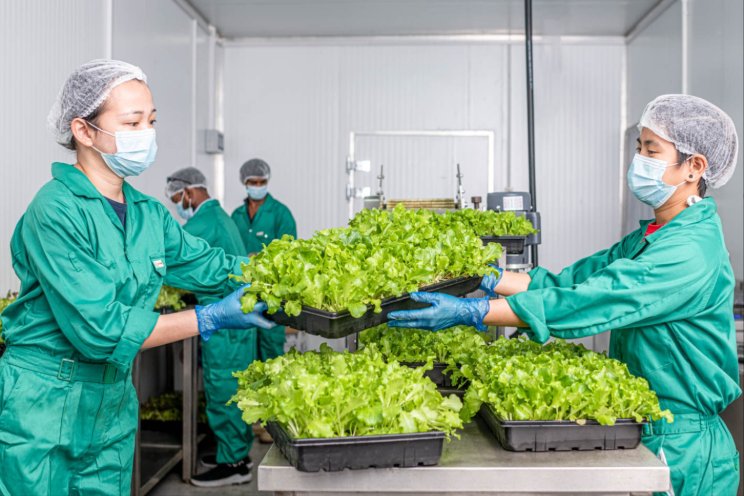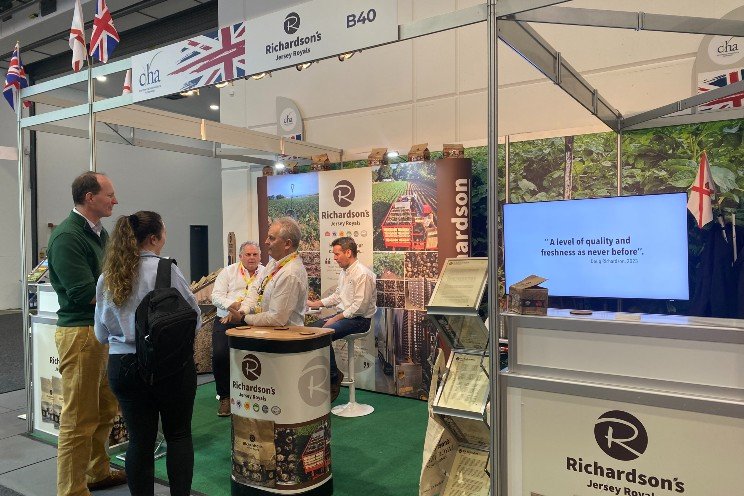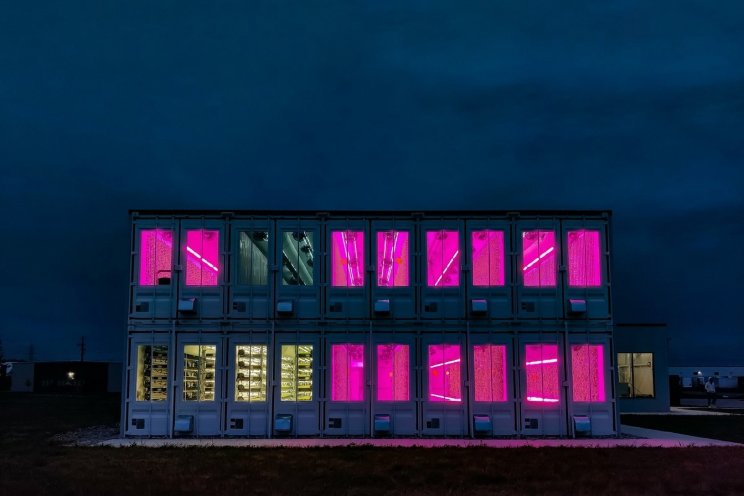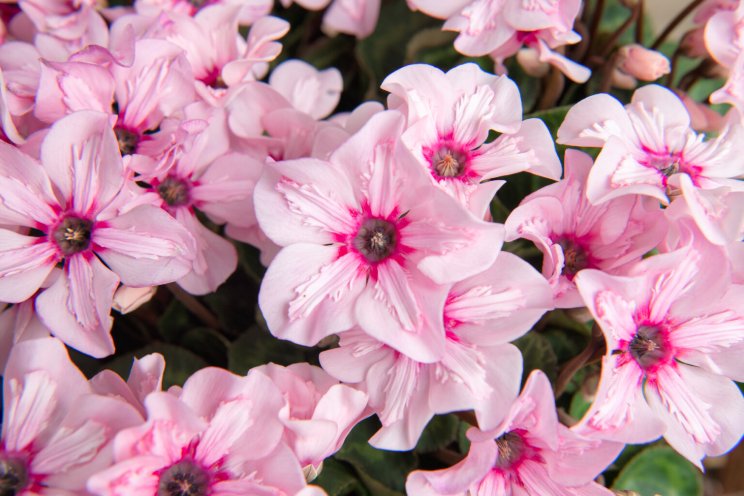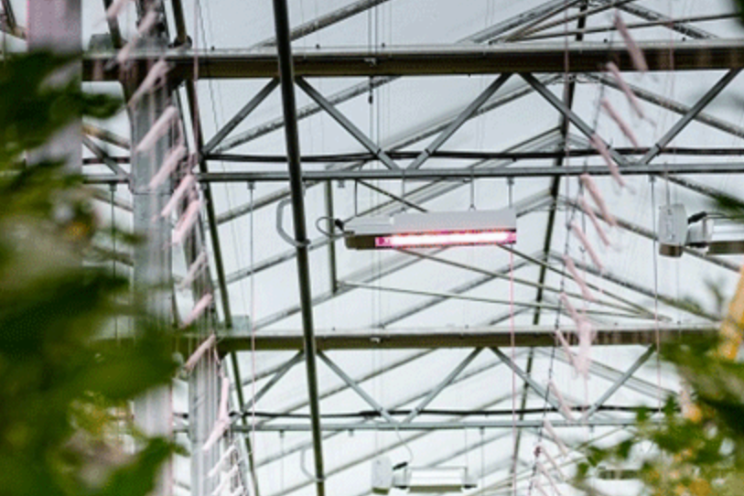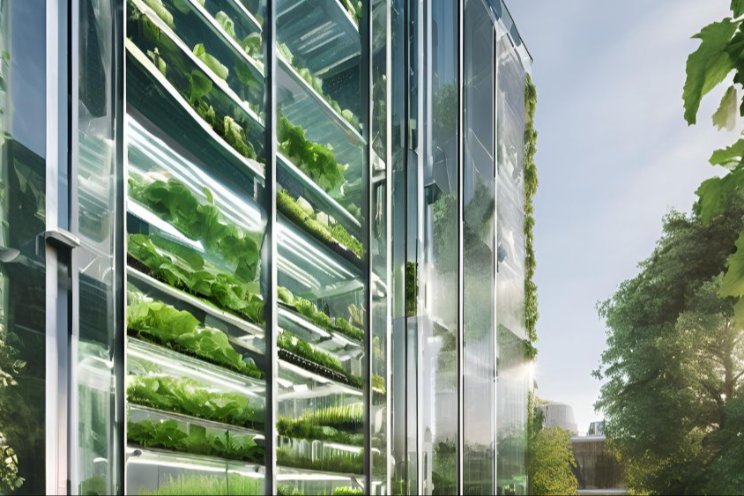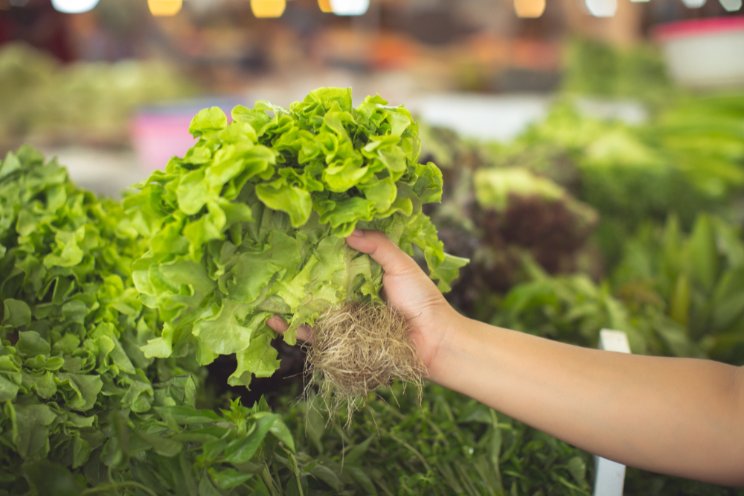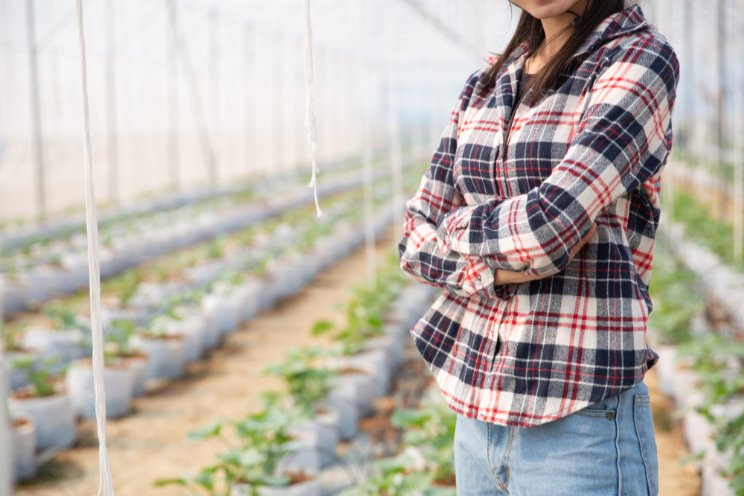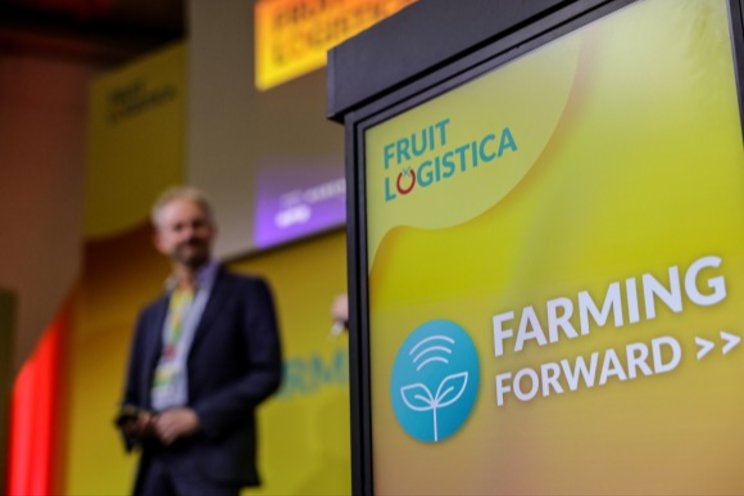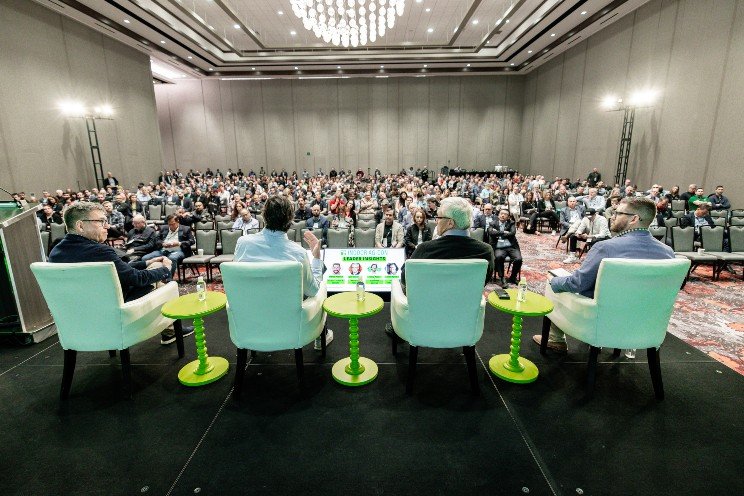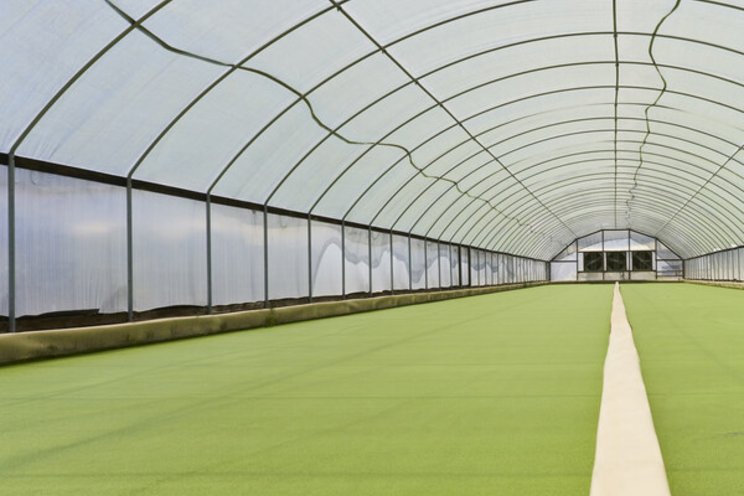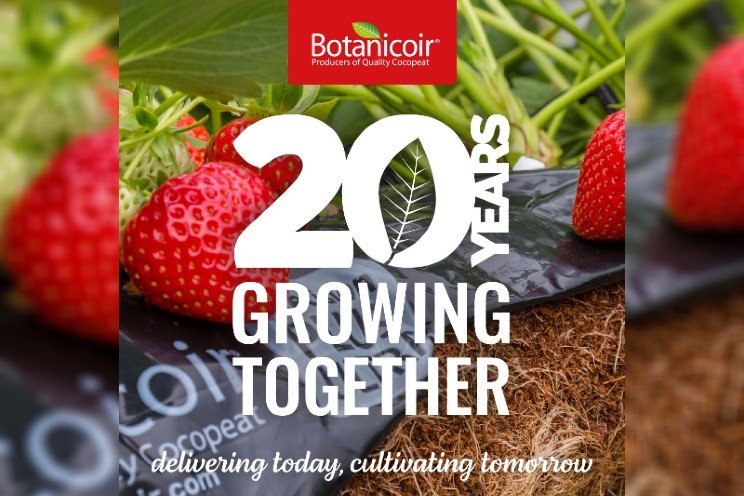Sky high farming in the mile high city
Added on 03 May 2022
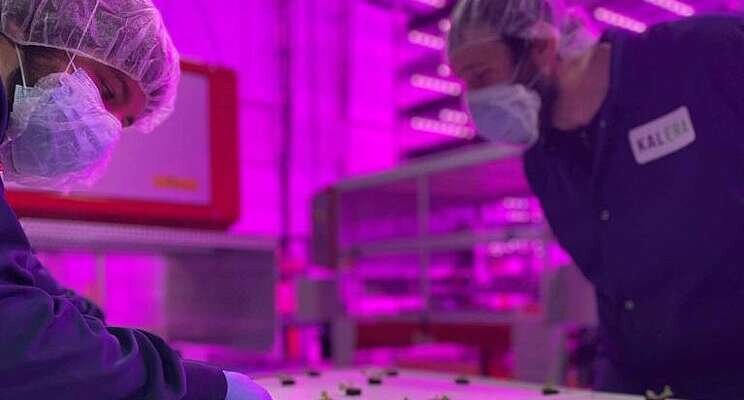
Colorado's growing season is notoriously short—at least when you're growing outdoors and subject to the whims of vast temperature swings, cold nights, devastating hail, and, of course, persistent drought. Hydroponic farming, or farming done without soil, definitely isn't new in the Mile High (or anywhere else in our state). But its association with weed is waning as more large-scale greens growers—we mean lettuce, y'all—are taking root. Kalera, a vertical-farm behemoth with operations in three countries plus three U.S. states, has taken root in Denver, with its first harvest scheduled for May 2.
The company's press release makes big, bold claims: that its greens are 50 percent more nutritionally dense than traditionally grown organic greens; that its operations use just three to five percent of the water used in traditional farming; and that the resulting product will "address and solve the issue of food inequality."
Hydroponic farm lit by purple LED lights with scientists wearing lab coats work on seedlings.
Kalera employs a variety of tech, including a seed breeding program. / Courtesy Kalera
Fancy Plants
Curtis McWilliams, Kalera's interim CEO, points to a couple of reasons for the nutritional density of the product . The vast majority of greens available in the U.S. are grown and harvested in California and Arizona, and transportation to Colorado takes about a week (and sometimes more). That's time the already harvested plant is dying. Nutrients are waning and leaves are wilting, leaving a less healthy, less appetizing bunch of lettuce. Also, McWilliams notes, those products are "grown in dirt. As a result, they're subject to E. coli and other pathogens. They're subject to a caustic wash." By contrast, he says, Kalera greens are grown in a "clean room" without pesticides and don't require washing to eliminate those chemicals or pathogens. And, he says, "When you buy that product coming from the Denver facility, it's harvested one or two days before. It's still a living product; it has the root ball still on."
Sally Herbert, the co-founder and CEO of Altius Urban Farms, a Denver-based hydroponic farm located in the Five Points neighborhood, concurs with McWilliams' assessment. While Altius doesn't make nutritional claims about its product, she agrees, "This [effect the time from harvest to mouth has on nutritional value] is the benefit overall of having hyper-local produce. It's true of carrots and lettuce and basil"—and any other vegetable you can consume.
The other reason behind Kalera's nutritional claims? Seed breeding. Last year, Kalera acquired Vindara, a seed development company that selectively develops seeds that will yield certain characteristics. McWilliams emphasizes these seeds aren't genetically modified organisms (GMOs). "People have been doing it for hundreds of years," he explains. "It's not GMOs; it's kind of like you do with dogs to derive certain attributes. There's a lot of trial and error. You have to try one [seed] and grow it for a period of time [to see the results.]" Seeds can be developed to have greater hardiness and pest resistance, or for improved flavor, texture, or color.
Because Kalera's products are grown indoors, McWilliams says, the company can focus on plants that taste exceptional and grow quickly rather than plants that can weather tough field conditions. Currently, it is developing a variety of fast-growing romaine lettuce. "Right now it takes us about 45 days to get a full-sized head of romaine," says McWilliams. "We think we'll be able to do it in around 30 or 35 days. It's the same size, with slightly better nutrient content."
Does Size Matter?
With an 87,000 square feet facility filled with platforms of greens stacked 11 shelves high, that kind of reduction in growing cycle squeezes another two harvests per year (of romaine, at least) into Kalera's schedule. Overall, the facility will produce 11 million heads of lettuce per year, or about 2.4 million pounds of greens. Half of that goes into restaurants and other food-service settings, with the other half ending up in grocery stores. McWilliams touts the product as ideal for restaurants, in large part because it comes in so clean. It doesn't need to be washed or picked through for excessively dirty or spoiled leaves, and businesses don't have to worry about bacterial contamination like E. coli. Kalera greens will be available wholesale through US Foods and Sysco, and will be showing up in King Soopers stores starting mid-May. (See its website for a store locator.)
Photo Courtesy of Kalera
Source: Diningout
More news
